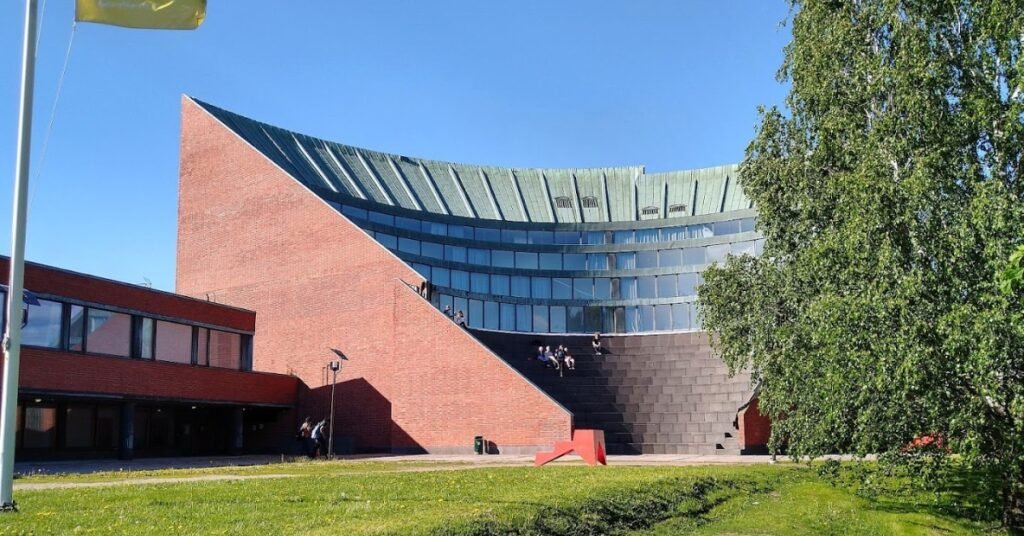Strengthening scientific ties between Switzerland and Iran was discussed at Kyoto’s 20th annual STS forum. The forum explored global challenges and solutions through science diplomacy.
Table of Contents
Kyoto, Japan – A pivotal discussion occurred on the sidelines of the 20th annual Science and Technology in Society (STS) forum, held from October 1 to 3. Officials from both countries congregated to reflect upon and bolster their shared scientific and technological relationship.
Decades of Scientific Collaboration
Officials critically assessed the historical path of scientific exchange between Switzerland and Iran. This collaboration has been facilitated over the years by entities such as the International Scientific Cooperation Center of the Ministry of Science, Isfahan University of Technology, the Swiss Science Foundation (SNSF), and the Zurich University of Applied Sciences.
Key discussions during this meet-up revolved around the inauguration of a chair for Persian language and Iranian studies (Iranology) in Switzerland, granting scholarships to Swiss students keen on learning the Persian language in Iran, and the exchange of professors and students. The active support for joint research projects, especially from the Swiss Science Foundation, was prominently acknowledged.
The Rise of Science Diplomacy
Salehi, in July 2022, emphasized the resilience of Iranian scientists. Despite the U.S. sanctions, the international contributions from Iranian scholars have surged, with over 35% of Iranian articles in Scopus arising from multi-national collaborations.
Science diplomacy encapsulates the spirit of nations harnessing scientific partnerships to address mutual challenges and craft beneficial international relationships. It signifies a renewed form of diplomacy, combining technical, research-based, academic, and engineering interactions within global relations.
Iran’s Stepping Stones Towards a Knowledge-Based Society
The current Iranian national budget for the year 1402, from March 21, has earmarked a substantial 37 trillion rials (approximately $75 million) exclusively for science and technology. This figure represents a 35% surge from the preceding year’s allocation, as reported by ISNA.
Established in 2006, the Vice Presidency for Science and Technology envisioned a thriving ecosystem for knowledge-driven companies, laying the groundwork for tech industry advancements. To date, 8,034 such companies have been founded nationwide.
There has been a paradigm shift in light of the year being christened the “Production: Knowledge-Based and Job-Creating” year by the Leader of the Islamic Revolution, Ayatollah Seyyed Ali Khamenei. The traditional concept of a ‘knowledge-based company’ has metamorphosed into a broader ‘knowledge-based society.’ This transition promises widespread socio-economic dividends for the Iranian populace.
Highlighting domestic production’s criticality, the Leader accentuated its myriad benefits, from spurring economic growth and job creation to inflation control, improved per capita income, and public welfare enhancement.
Pursuing this vision, the Vice Presidency for Science and Technology has rolled out various initiatives to amplify knowledge-centric production. This mission also entails sculpting an innovative ecosystem, evidenced by the establishing of 65 innovation houses nationwide. The Innovation and Prosperity Fund has also disbursed 240 trillion rials (nearly $500 million) to bolster knowledge-driven companies in 1400 (March 2021-March 2022).
STS forum 2023: An Arena for Global Science Discourse
Initiated in November 2004, the annual Science and Technology in Society (STS) forum in Kyoto, Japan, emerges as a vital confluence for global thought leaders. It is a vibrant platform to deliberate upon the multifaceted impact of science and technology on global well-being and ecological balance.
The STS forum envisions fostering candid dialogues and cultivating a robust global network, ultimately aimed at tackling challenges posed by rapid technological evolution.
This year’s 20th annual meeting was a resounding success, witnessing the congregation of nearly 1,500 luminaries from science, technology, policymaking, business, and media. This diverse representation spanned over 80 countries, regions, and global entities.
Get our best stuff sent straight to you! Join our WhatsApp Channel.






